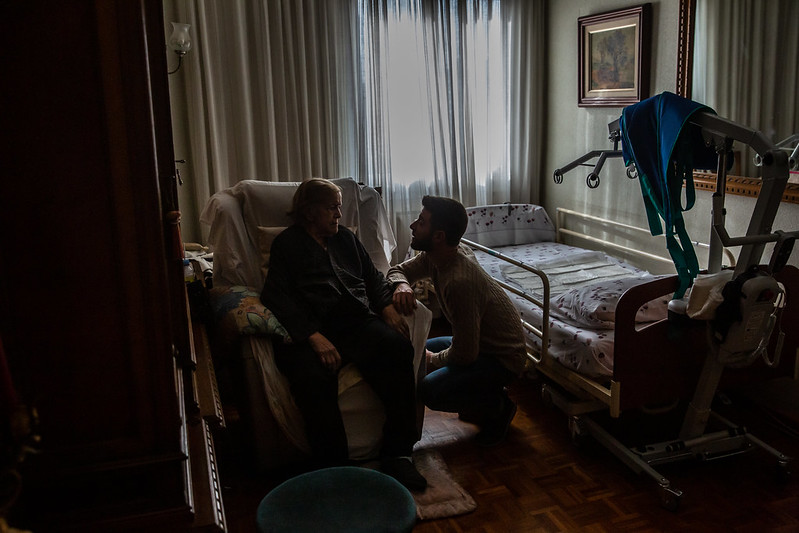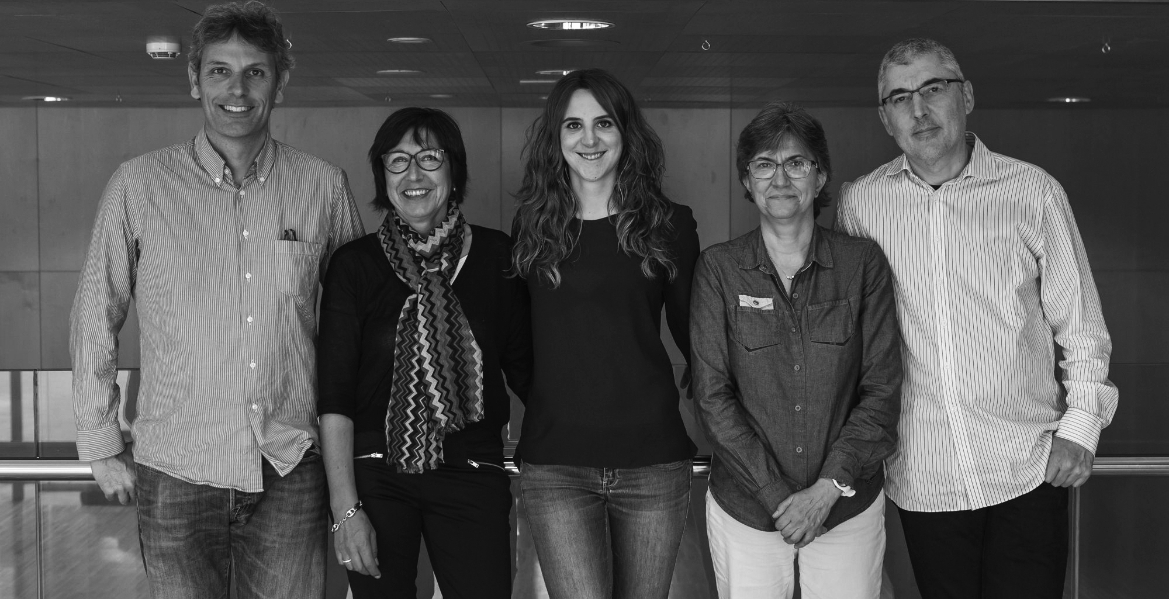
One in three people attended by the Home Care and Support Program (PADES) teams in Catalonia experience spiritual distress, according to a study conducted by researchers from IDIAPJGol, recently published in the Journal of Religion and Health. This research provides new evidence to improve end-of-life care and comes at a particularly relevant moment, marked by the implementation of the Spanish Euthanasia Law and the ongoing social debate on existential suffering and the right to decide about one’s own death.
The article highlights that not all people at the end of life experience the same spiritual suffering. In some cases, this suffering is mild and can be managed with routine support. However, in one out of every three patients, the suffering becomes so profound and difficult to address that healthcare teams believe it requires specific, specialized care.
The study, which analyzed the spiritual complexity of 1,818 patients cared for by 45 PADES teams, concludes that the prevalence of spiritual complexity is 37.5 %. Furthermore, the prevalence of high spiritual complexity increases as death approaches (from 8.3 % to 11.2 %).
HexCom Model
The researchers applied the HexCom model, which analyzes different dimensions of patient complexity. The results show a positive association between spiritual and emotional complexity (odds ratio of 15.62, meaning that people with emotional complexity are 15.62 times more likely to present spiritual complexity), the desire to hasten death (4.85), and physical complexity (1.74). Conversely, they found a negative relationship with cognitive decline (odds ratio of 0.3) and being over 70 years of age (0.61).
Lack of tools
Xavier Busquet, researcher from the Multidisciplinary Research Group on Health and Society (GREMSAS) and first author of the article, stresses that despite the importance of this dimension, “healthcare teams still lack systematized tools to address spiritual suffering.”
The study points out that in a cultural context often marked by secularization, the word spirituality is frequently confused with religion, and many professionals feel ill-prepared to deal with it. “Spiritual care should not be an isolated element, but rather integrated into the daily work of multidisciplinary palliative care teams,” notes Dr. Busquet. For this reason, he calls for more specific training and the inclusion of experts in spiritual support, open to the cultural and religious diversity present in our society.
Article reference
Busquet-Duran X, Moreno-Gabriel E, Verdaguer M, Jiménez-Zafra EM, Manresa-Domínguez JM, Torán-Monserrat P. Spiritual Complexity in Palliative Home Care in Spain: A Multi-center Prospective Study. J Relig Health. 2025 Jun;64(3):2297-2320. doi: 10.1007/s10943-025-02300-y. Epub 2025 Apr 7. PMID: 40193022; PMCID: PMC12133919.
Picture: PADES nurse attending a patient at home. Ariadna Creus i Àngel García, Banc d’Imatges Infermeres.
